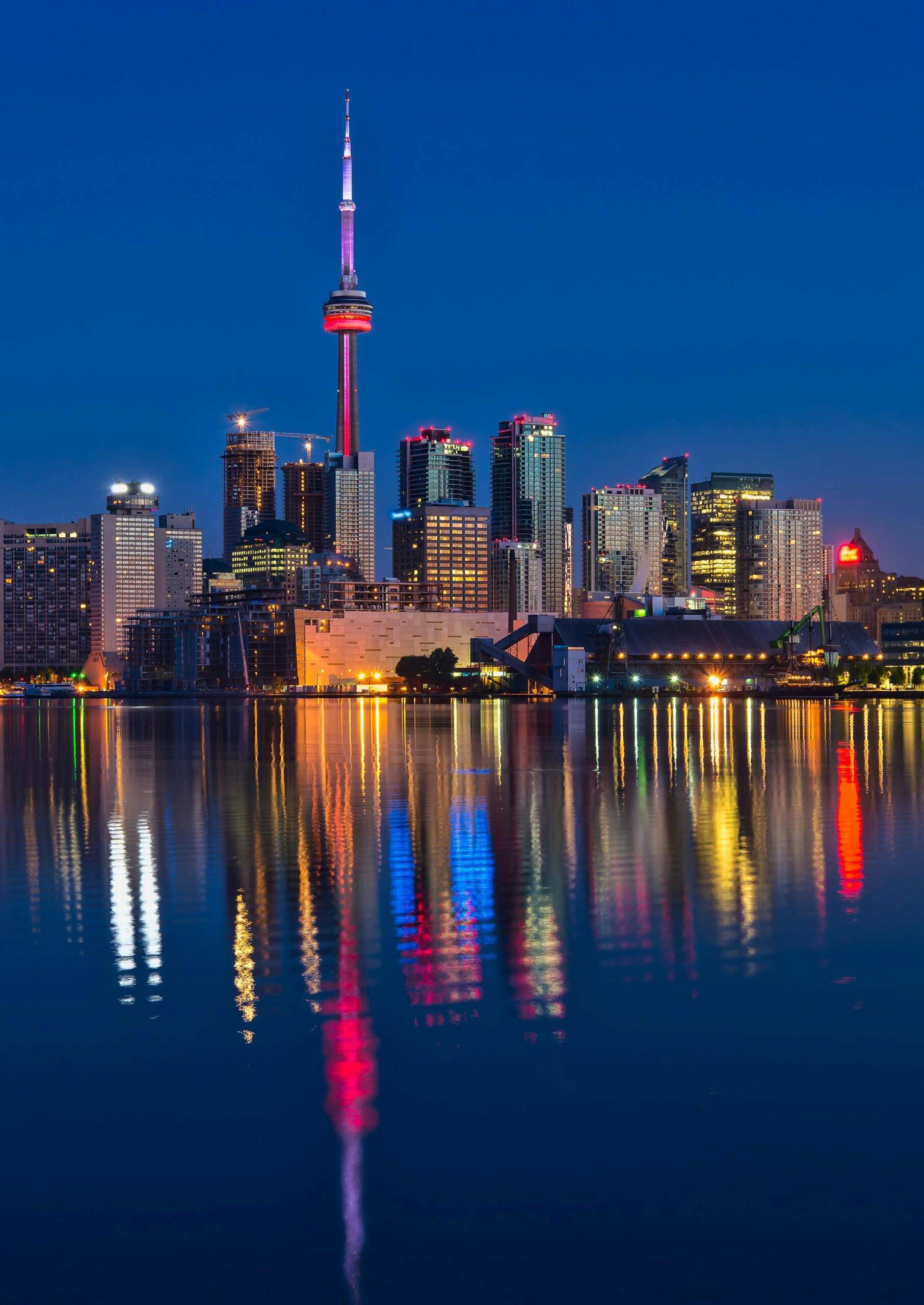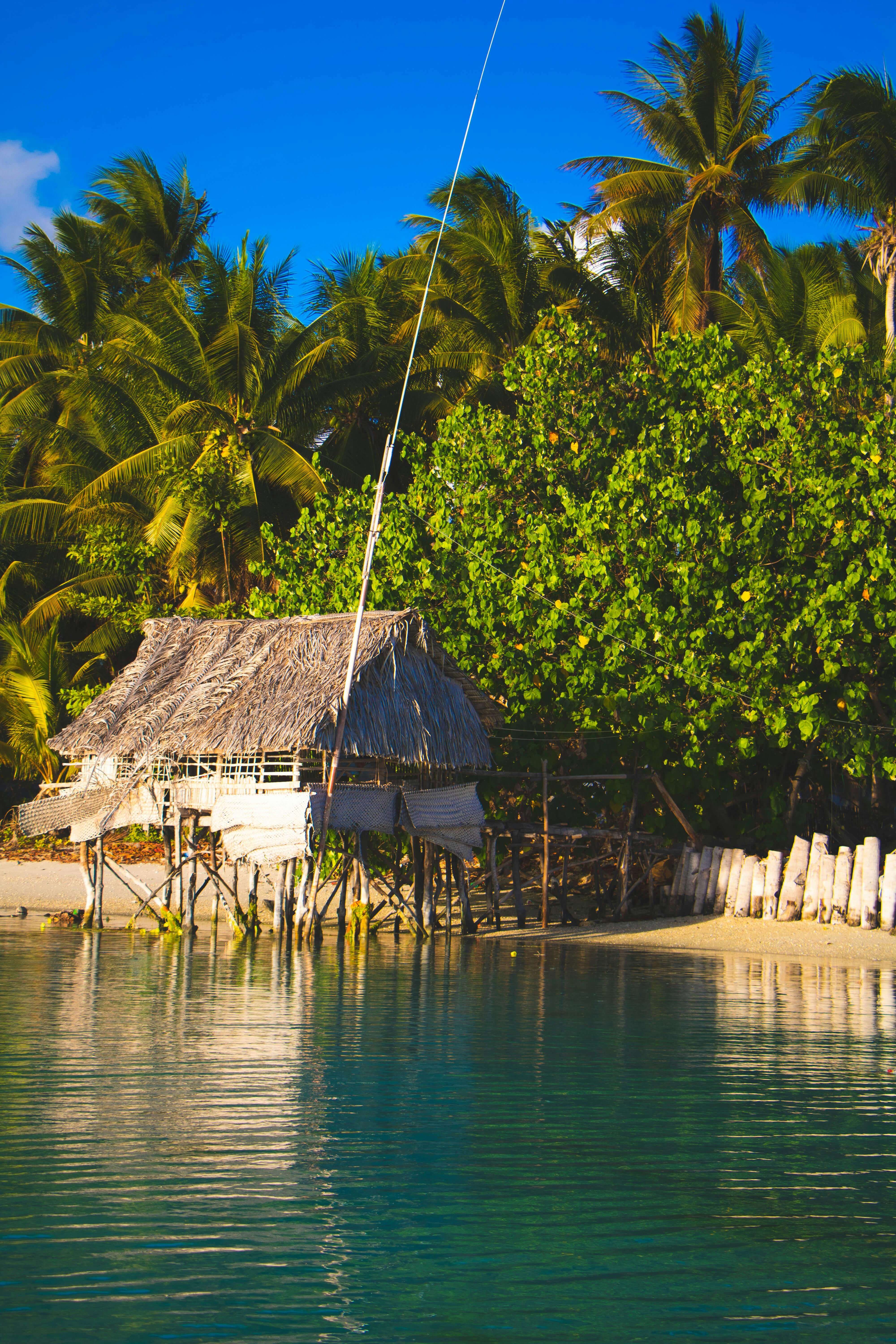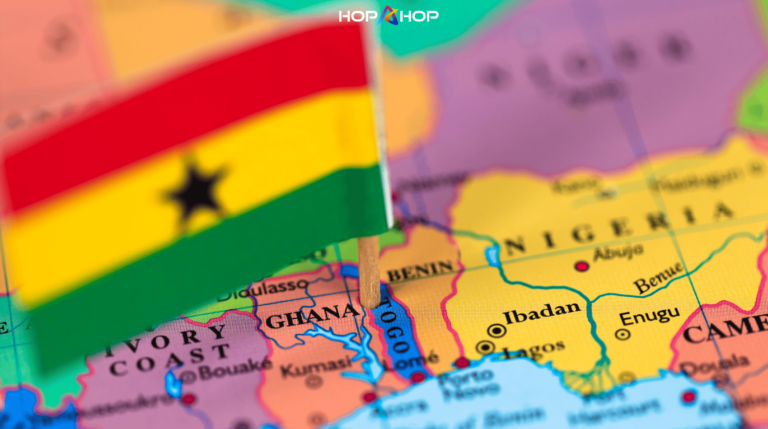Explore Best Destination
Discover our travel blog for inspiring stories, tips, and guides. From hidden gems to cultural experiences, we cover it all to fuel your wanderlust and help you plan unforgettable adventures!

Canada Travel Tips: What to Know Before Visiting in 2024
Canada is an incredibly diverse country, offering everything from bustling cities like Toronto and Vancouver to stunning natural landscapes like the Canadian Rockies and the Northern Lights in the Yukon. Whether you're planning a winter getaway or a summer road trip, it's essential to be well-prepared to make the most of your Canadian adventure. Here are some key travel tips you should know before visiting Canada in 2024.
1. Understand the Visa and Entry Requirements
Before booking your flights, it’s important to confirm whether you need a visa to enter Canada. Citizens of many countries (including the U.S. and most European Union countries) can visit Canada without a visa for short stays. However, travelers from certain countries will need to apply for a Temporary Resident Visa (TRV) or an Electronic Travel Authorization (eTA).
- TIP: Check the official Canada immigration website for updated requirements and visa applications.
2. Best Time to Visit Canada
Canada offers a wide variety of experiences throughout the year, so the best time to visit depends on your preferences and travel goals.
- Winter (December to February): If you love winter sports like skiing, snowboarding, or ice skating, winter is the perfect time to visit. Major destinations like Whistler, Banff, and Quebec City are popular during this time.
- Spring (March to May): Spring is a great time for mild weather, fewer tourists, and blooming flowers. Vancouver and Montreal are particularly vibrant at this time.
- Summer (June to August): The summer months are ideal for outdoor activities like hiking, cycling, and exploring Canada’s national parks. Expect warmer temperatures and lively festivals in cities across the country.
- Fall (September to November): Fall brings beautiful foliage, especially in Ontario and Quebec, and is a great time to enjoy outdoor activities with fewer crowds.
3. Canadian Currency and Payments
Canada uses the Canadian Dollar (CAD), and it’s important to have some cash on hand, although credit cards are widely accepted. Visa and MasterCard are the most commonly accepted forms of payment, while American Express is less popular. Ensure your card doesn’t have foreign transaction fees to save money.
- TIP: You can exchange money at airports, banks, or use ATMs for cash withdrawal.
4. Pack for the Weather
Canada’s climate can vary drastically depending on the region and season, so pack accordingly.
- Winter: If you're visiting in winter, bring warm layers, a sturdy winter coat, gloves, and boots. Canada can get quite cold, especially in the northern regions.
- Summer: For warmer months, pack light clothing, but also bring a jacket or sweater for cooler evenings, especially in places like the Rockies or coastal regions.
5. Public Transportation and Getting Around
Canada is a vast country, and while public transportation is available in major cities like Toronto, Vancouver, and Montreal, many tourists opt to rent a car for flexibility, especially if you’re planning to visit remote destinations or national parks.
- TIP: If you're traveling within cities, public transit like buses, trains, and ferries are convenient and affordable. For longer distances, consider taking the VIA Rail train for a scenic journey across Canada.
6. Tipping Culture in Canada
Tipping is customary in Canada, and you should tip around 10-20% at restaurants, cafes, and taxis. It’s also polite to tip hotel staff, tour guides, and other service workers.
7. Canada’s Multiculturalism
Canada is known for its multicultural society, especially in cities like Toronto and Vancouver. English is the primary language spoken, but in Quebec, French is the official language. Be prepared to encounter both languages, especially if you plan to visit Quebec.
- TIP: While many Canadians speak both English and French, it’s appreciated if you learn a few basic phrases in French, particularly when visiting Quebec.
8. Safety and Healthcare in Canada
Canada is one of the safest countries to travel to, with low crime rates and a friendly atmosphere. However, it’s important to have travel insurance that covers medical expenses, as healthcare in Canada can be expensive for non-residents.
- TIP: Make sure you have comprehensive travel insurance that includes emergency medical coverage, especially if you’re planning outdoor activities.
9. Cultural Etiquette
Canadians are known for being polite and respectful, and showing similar respect for local customs will help make your trip more enjoyable. It’s common to say “sorry” if you bump into someone, and it’s always appreciated if you stand in line and wait your turn.
10. Mobile Roaming and Internet Access
Mobile roaming charges can add up quickly when traveling in Canada. Consider purchasing a Canadian SIM card or an international data plan from your home provider to stay connected.
- TIP: Public Wi-Fi is available in most hotels, cafes, and airports across Canada, but always ensure you use a VPN when accessing sensitive information.
Conclusion
Whether you're drawn to Canada's stunning landscapes, its vibrant cities, or its rich cultural heritage, there’s no shortage of experiences to enjoy. With these Canada travel tips in hand, you're ready to explore all that this beautiful country has to offer in 2024. Safe travels!

Related Posts
Tag List
Adventure / Climbing / Hiking / Photography / Adventure / Tracking / Travel
Follow Us
- linked In
- google+
- YouTube









